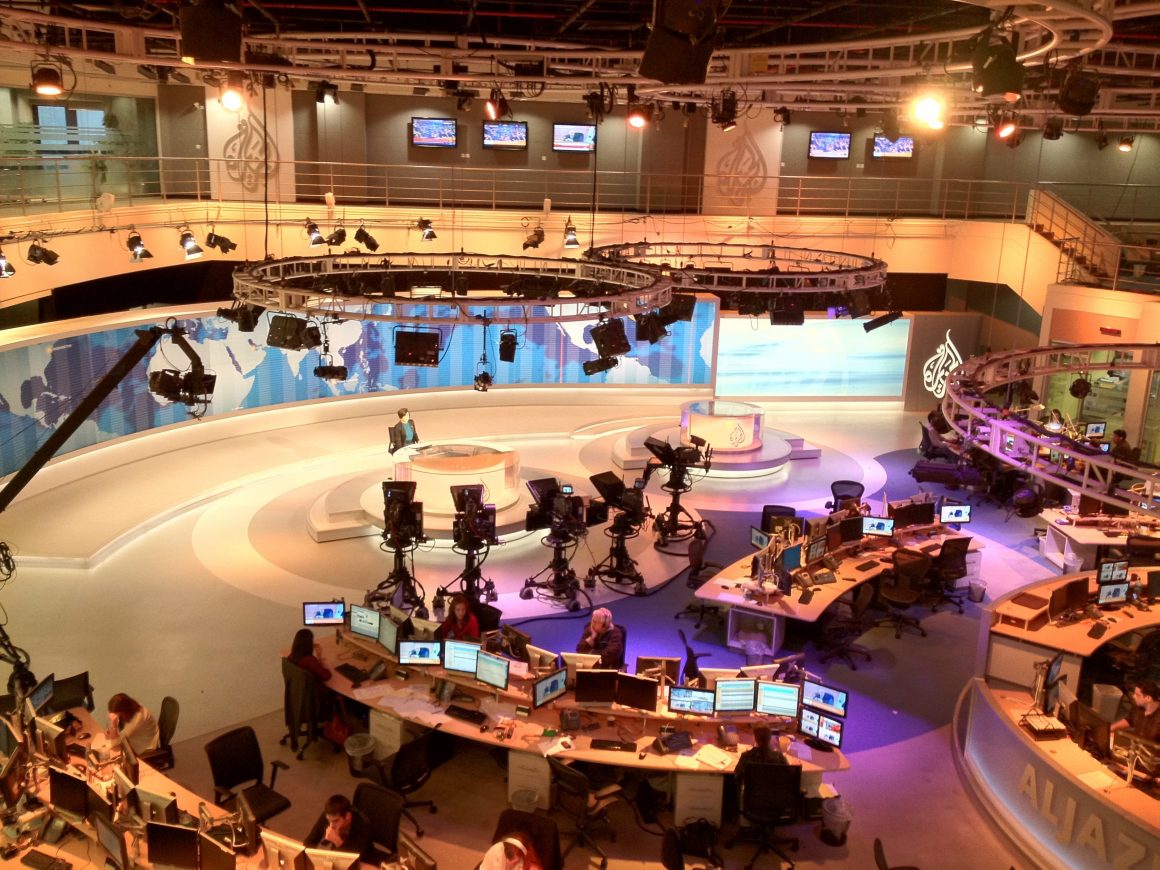Shutting down the leading Qatar-based broadcaster was at the top of the list of 13 demands issued by the blockading quartet in 2017.
The flagship Al Jazeera media network was not mentioned in talks to resolve the years-long GCC dispute, Qatar’s foreign minister said on Wednesday.
“We guarantee freedom of expression, and the issue of Al Jazeera must be dealt with positively and constructively,” Minister of Foreign Affairs Sheikh Mohammed bin Abdulrahman Al-Thani said in an interview on the Doha-based broadcaster.
“It is an institution that we are proud of, its media professionals, and its presence in Qatar,” he added.
Among the 13 demands issued by the blockading quartet in June 2017 was the shuttering of Al Jazeera. The FM’s comments seem to back claims that Saudi Arabia, United Arab Emirates, Bahrain and Egypt have since ditched the list of demands in latest efforts to end the Gulf dispute.
On Tuesday, the countries involved in the dispute announced they would fully restore diplomatic relations after signing the Al-Ula Declaration during a ceremony at the annual GCC summit.
Qatar’s foreign minister denied the breakthrough was a win for any one party, including Qatar, but rather a victory for the GCC as a whole.
His statement came shortly after Dubai-based politics professor Abdulkhaleq Abdulla—also a prominent UAE commentator and former government adviser—said that “Qatar has won”.
“The cost of fighting was too high — there is a realisation now that this is the black sheep of the family and we just have to put up with it,” he told The Financial Times. “These have been the worst three-and-a-half years in the history of the GCC [Gulf Cooperation Council].”
Read also: Qatar says GCC reconciliation deal won’t impact Iran, Turkey ties
The blockade that triggered the Gulf crisis over three years ago was imposed on Qatar due to its relations with Iran and Turkey, both of which have had their own political rivalries with Saudi Arabia and the United Arab Emirates.
But despite the reconciliation, Qatar’s FM said Doha will maintain its relations with Iran and Turkey.
“Bilateral relationships are mainly driven by a sovereign decision of the country . . . [and] the national interest…so there is no effect on our relationship with any other country,” the Qatari official told The Financial Times.
‘Maximalist’ negotiating points
Commenting on the list of demands this week, the United Arab Emirates Minister of State for Foreign Affairs Anwar Gargash admitted they were a “maximalist negotiating point” designed to apply pressure on Doha.
“This is something that we have always said – that the 13 demands, at the time, were considered, what I would call, a maximalist negotiating position,” the UAE official said on CNN after ties between the four countries and Qatar were restored.
The landmark Al-Ula deal included the formation of strategic partnerships with regional and international partners to enhance the GCC’s role with the international community.
Follow Doha News on Twitter, Instagram, Facebook and Youtube
